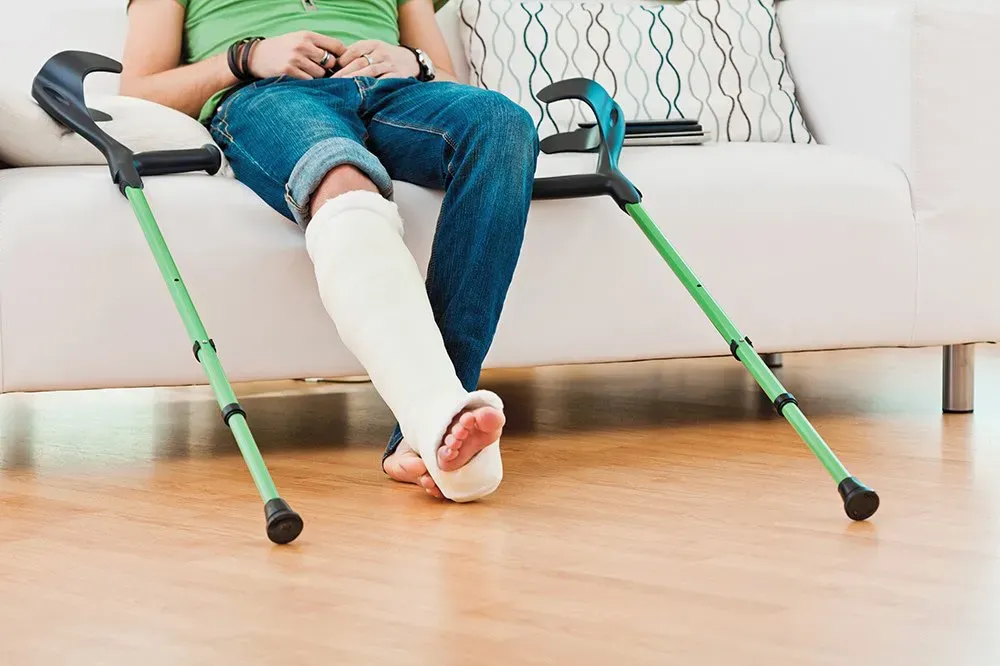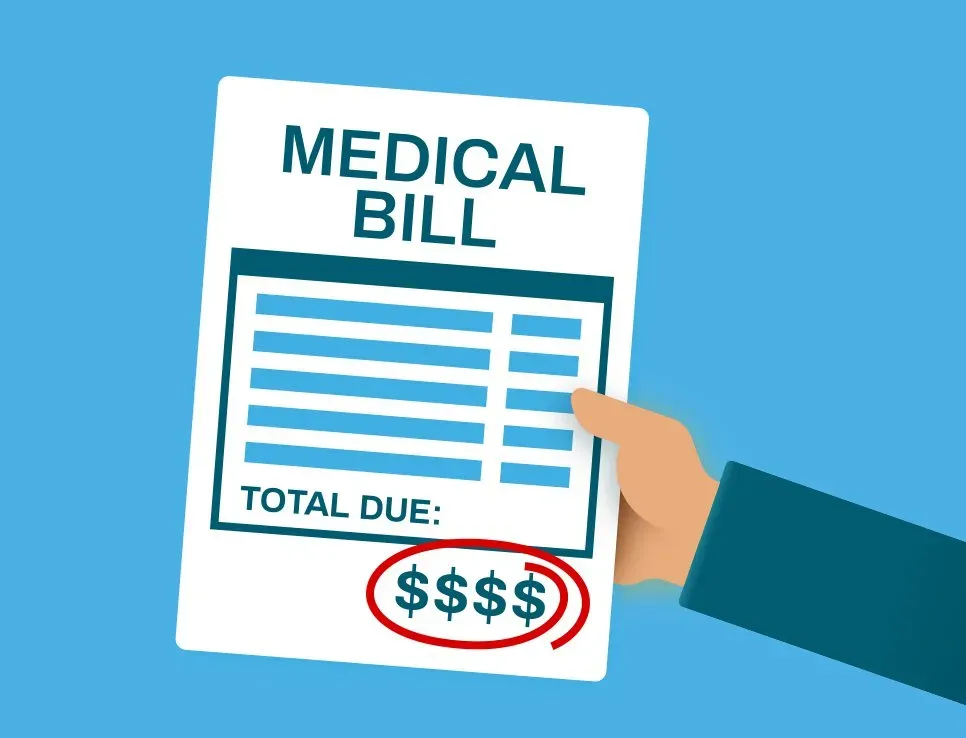Lawyer, Lawyer, Dutton, Drake & Conklin, L.L.P. Blog

Personal Injury: Dealing with Insurance Company Surveillance in Des Moines, IA and Surrounding Areas
Learn why insurance companies use surveillance after an accident and how it can impact your case. Talk to trusted Des Moines injury attorneys at LLDDC Law—free consultation, no fee unless we win.








Share On: